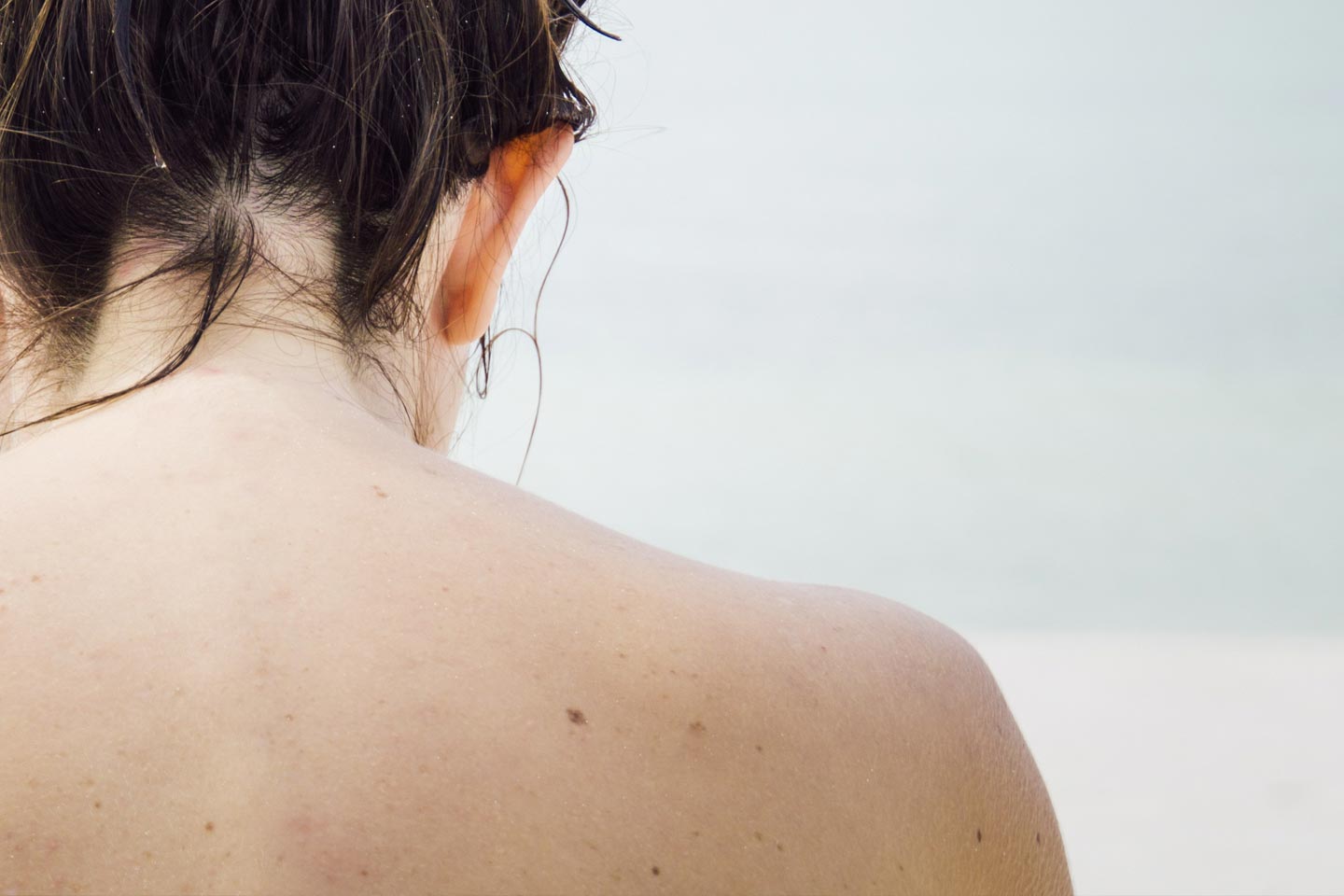Body Dysmorphia
Body Dysmorphia, otherwise known as Body Dysmorphic Disorder (BDD), is considered to be a mental health condition where an individual spends an excessive amount of time obsessing over perceived flaws in their appearance. These flaws are often unnoticeable to other people; nonetheless, the distress is entirely genuine for the individual.
The models that they design their clothes for, the same models that fill the pages of fashion magazines, are in no way representative of normal women. But these models are the role models for young girls and women. They aspire to be like them and to look like them. The sad fact is that most models have 20% less body fat than normal women, and many models struggle with their own body image, fearful that they won’t be able to work if they are perceived to be overweight.
This distorted representation of women, and what a woman should look like puts an enormous amount of pressure on girls and women to look like them. This can make perfectly normal sized women, with a healthy weight and body shape, have a twisted perception of themselves which can lead to an unhealthy relationship with their bodies.
A Condition that can Affect Anyone
Some people write-off body dysmorphic behaviours as vanity or self-obsession. However, the condition often has a devastating impact on a person's life. Friends and family may attempt to reassure the sufferer that their concerns are entirely unjustified. They may try to help them see that the flaw isn't real.
However, a person suffering from body dysmorphia will remain single-minded in their feeling of inadequacy, and no amount of reassurance will help.
What are the symptoms of body dysmorphia?
- Worry concerning a specific region of your body. This often revolves around the face
- Constant comparison with other people’s appearance
- Repetitive use of mirrors (or avoidance of mirrors altogether)
- Excessive effort exerted to conceal perceived flaws - combing hair excessively, applying make-up to hide imperfections, or choosing clothes that mask a part of the body
- Picking at the skin in an aim to make it “smooth”.
Many people with body dysmorphia experience feelings of intense depression and suicidal thoughts. Sometimes, the condition leads to self-harm.

How We can Help
However your body dysmorphia manifests, we are here to listen, support, and help you address the root causes of your condition.
We recognise that everyone's needs are different, and we employ a range of therapeutic approaches that fit your particular profile of requirements.
Through one-to-one sessions, we'll explore WHY you experience negative emotions. We'll help you recognise the damaging behaviours you project onto yourself and onto others, and address those in an entirely non-judgemental environment.

An Integrative Approach
We practice an integrative approach to treating body dysmorphia because we recognise that there's no "one-size-fits-all" solution. We use a combination of psychotherapy, counselling and coaching to help you recognise your damaging behaviours and build an armoury of strategies unique to you, that help you identify the situations that trigger your feelings of low self-esteem and anxiety.
Together, we'll address the depression and anxiety that leads to destructive behaviours such as self-harm and the inevitable projection of your feelings onto your friends and family.
We Understand
We recognise that people often feel a high level of shame and embarrassment when seeking help. They feel that they should be able to address their issues on their own, and believe that seeking help is a sign of weakness.
The symptoms of your BDD are unlikely to go away on their own. We’re trained to deliver a bespoke programme of treatments that will explore the motivations behind your behaviours - and, together, we can help you get your life back on track.
Don’t suffer alone
For help with overcoming eating disorders like body dysmorphia contact us by phone on 0333 339 2430 at any time, or email to discuss any questions you might have about our recovery therapy.
Contact Us by email
“Nobody, as long as he moves among the chaotic currents of life, is without trouble.”
Carl Gustav Jung

